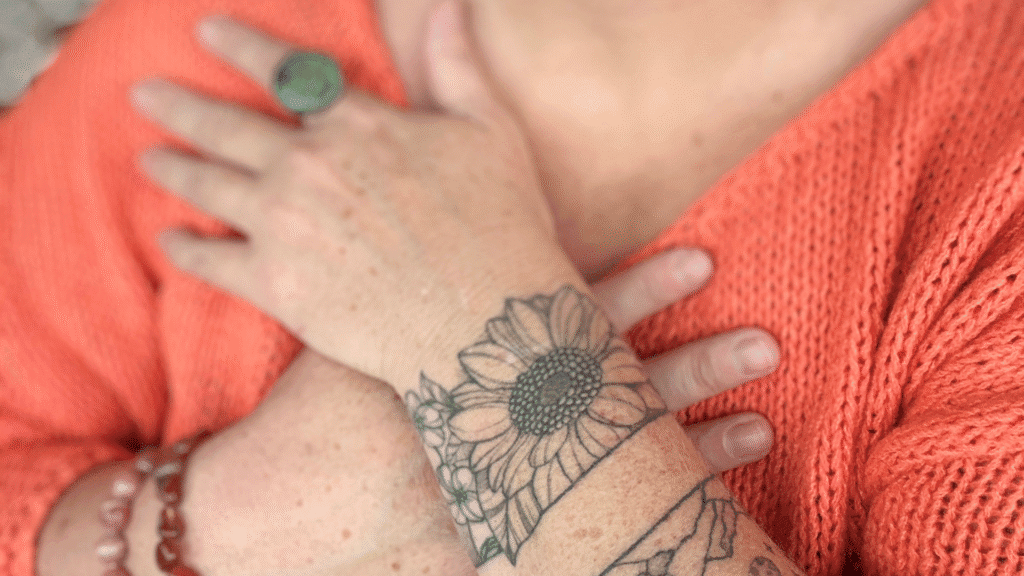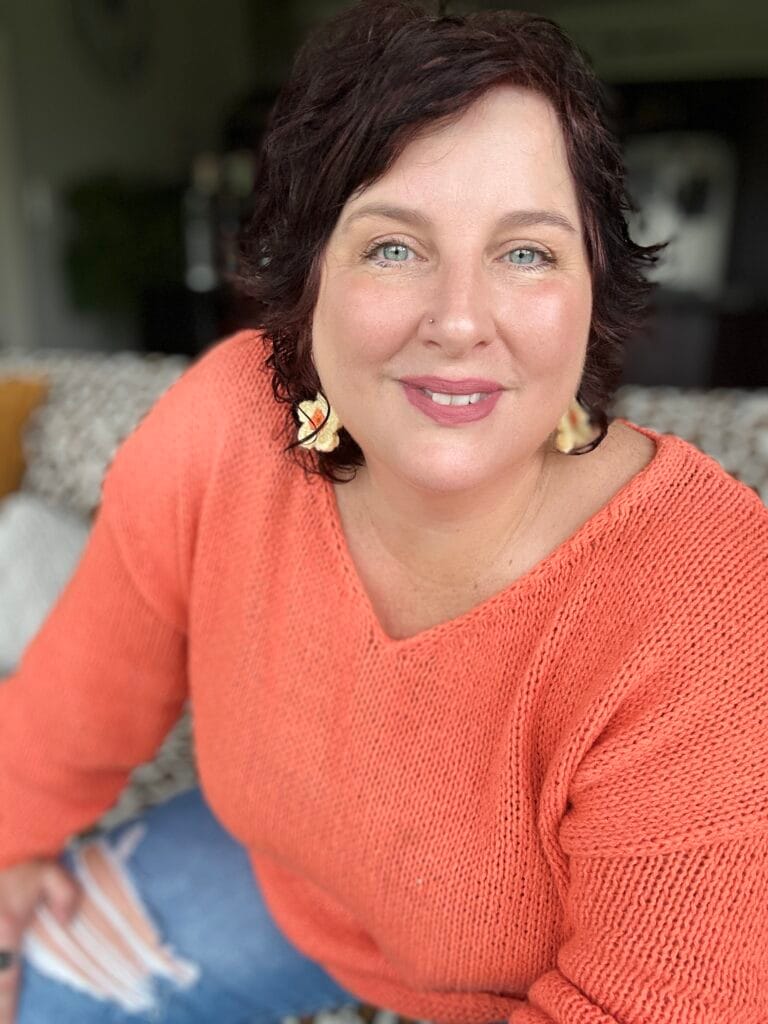Tanya Valentin
Compassionate guidance for parents of neurodivergent children and teens navigating autistic burnout
*Trigger Warning – This story contains mentions of self-harm, mental health distress and suicide.
I was in the hospital.
Earlier that day, I had received every parent’s worst nightmare—a call saying my 16-year-old daughter had taken an overdose with the intent to end her life. She had been rushed to the hospital by ambulance.
I was in shock.
I felt like I had failed as a mum and as if this was all my fault!
The nurses wheeled in a worn-out green recliner, its bumpy springs creaking, for me to stay with her overnight.
As she lay there silently, her small figure so fragile, the sterile smell of disinfectant and the steady beeps of the heart monitor filled the room.
I sat beside her, watching over her while she slept.
My mind was racing like a runaway stallion and I thought back to the day she was born, when I promised to protect her no matter what.
That night, I made her a new promise: I would do everything in my power to help her heal.
I was relentless in my search for answers.
Eventually, we got one: an autism diagnosis. But the additional labels—depression, generalized anxiety disorder, and borderline personality—didn’t sit right with me. The medications, therapies, and treatments prescribed by ‘experts’ only seemed to make things worse.
Our world shrunk overnight as the reality of our situation sunk in.
I found myself at a crossroads: keep following the experts and watch her condition deteriorate, or face judgement and a lot of professional gas-lighting and trust my instincts and take a different path.
There wasn’t really a choice. Her life felt like it was in my hands.
I’m nothing if not tenacious, and after many hours of research, I learned about Autistic Burnout. Finally, I had found the missing piece of her mental health puzzle. Things began to make sense.

One of the biggest challenges I faced was that much of what I read about Autistic Burnout recovery went against everything the medical and parenting experts had told me.
As it turned out, our GP, the team at CAHMS, and even her psychiatrist hadn’t heard of Autistic Burnout.
I kept searching for answers, but no one seemed to understand what was happening to my child—or to me as her parent.
I felt so isolated, convinced I was the only one going through and second-guessed every decision, wondering if I was making things worse.
The weight of responsibility was overwhelming. I had to rely on my intuition, making big changes to how I was parenting her and her siblings—sometimes getting it right, often making mistakes. I was new to this, and there was no map to guide me.
I spent years figuring it out through trial and error, questioning myself every step of the way. And on top of that, I had to confront my own internalized ableism and behaviorism—things I hadn’t even realized were shaping how I approached my child’s struggles.
However once I finally understood what my child needed—once I shifted my approach, trusted myself, and let go of the outdated parenting advice—I saw the difference. As she started to heal, I knew I was on the right track.
Over the course of a year, she recovered.
Now, nearly five years later, she’s living independently and attending university.
But what if I hadn’t had to do this alone?
What if I’d had a supportive community that got it—parents walking the same path, a guide who could show me the way, and a roadmap that could have saved me years of struggle?
Looking back, to my younger self and everything she went through to help her child, I see how much easier and less isolating this journey could have been if I’d had the right support from the start.
That’s why I do this work now—to give other parents the guidance and community I wish I’d had.
You don’t have to navigate this alone. Whether through my From Burnout to Balance membership or working with me as a coach, you’ll have the tools, support, and understanding that make all the difference—so you can stop feeling lost and start helping your child (and yourself) truly heal.
Meet Tanya

Hi, I’m Tanya Valentin — an AuDHD parent, family coach, author, and host of the From Burnout to Balance podcast.
I support parents of Autistic and ADHD children and teens who are navigating the tender terrain of burnout. My work is shaped by lived experience, over 25 years as an educator and coach, and a deep commitment to walking alongside families with compassion and care.
My approach is gentle, trauma-informed, and rooted in the belief that every family deserves support that honours their unique story. There’s no one-size-fits-all solution here—just spacious, respectful guidance tailored to what matters most to you and your child.
I hold space for parents to feel safe, seen, and deeply understood, while helping you build a more connected, sustainable life—one grounded in self-trust, nervous system safety, and meaningful change. Together, we explore new ways of being that nurture healing for your whole family.
I’m also the founder of the From Burnout to Balance community—a soft place to land for parents—and the host of the podcast by the same name.
Need support?
Let’s talk about what’s going on and how I can help.
Book your free 30-minute planning call